The first few years in a child’s life are the most important for their social, emotional and cognitive development. In this time before pre-primary, the building blocks that help to enhance and develop their natural curiosity and ability to learn about the world around them are laid. These skills not only serve as an important foundation for your child’s interest in learning, they also have a significant role in preparing your child for pre-primary education.
An important aspect of high-quality early childhood education is the focus on play and creativity in a child’s daily kindergarten routine. Play is a natural part of a child’s development and stimulates academic development, problem-solving skills, social development, emotional wellbeing, communication and language.
Here’s why kindergarten is important for your child’s pre-primary education.
Academic development
- Synapses and neurons in the brain grow rapidly in the first few years, making children highly adaptable to learning new skills such as language, symbols and numbers. Early learning centres can build on a child’s ability to problem-solve and think analytically and inspire a love of learning.
- Through rich play-based learning experiences offered in a kindergarten setting, children develop the ability to sustain focus, think creatively and critically, communicate with others and take positive risks. These learning dispositions underpin future academic success.
- Children experience rapid progress in all academic areas during the first few years of life. Your child’s ability to develop skills and understandings that form the foundations of literacy and numeracy skills is especially strong during kindergarten.
Social development and emotional wellbeing
- An essential capability when starting school is the capacity to understand social situations and apply relevant social and emotional skills. Children need to feel confident when socialising with their peers, in groups and in the classroom environment. High quality early childhood programs teach and guide children how to manage their emotions, including the ability to differentiate and articulate how they are feeling, which builds their emotional literacy skills.
- Asking questions, managing conflicts and connecting with other children develops friendships, significantly contributing to the emotional and social wellbeing of a child.
- In kindergarten, children develop social and emotional skills in a safe environment by working and learning in small groups, interacting with other children and exploring the world through curiosity and creativity. These skills play an important role in preparing children for pre-primary; social interaction, emotional regulation and the ability to sustain attention are all necessary for future learning.
Communication and language
- Children in kindergarten develop a sound understanding of pre-reading and pre-writing skills, the ability to listen and speak to teachers and other children and strong expressive language skills, ensuring they are ready to engage in the pre-primary curriculum.
- A high-quality kindergarten will support your child to communicate and develop language through regular conversations. They encourage children to question the world with open-ended questions and build on their vocabulary skills and understandings.
Kindergarten serves as a valuable stepping stone in building the foundation and knowledge required in pre-primary and beyond. Children can develop the academic basics, social skills and language at their own pace, giving them the confidence to succeed and the enthusiasm to learn.
At Guildford Grammar School we understand that the early years of learning are a unique and exciting time in a child’s journey and the right learning environment is essential for their development. To learn how our Preparatory School could help your child for the future, download our Preparatory School Prospectus.






